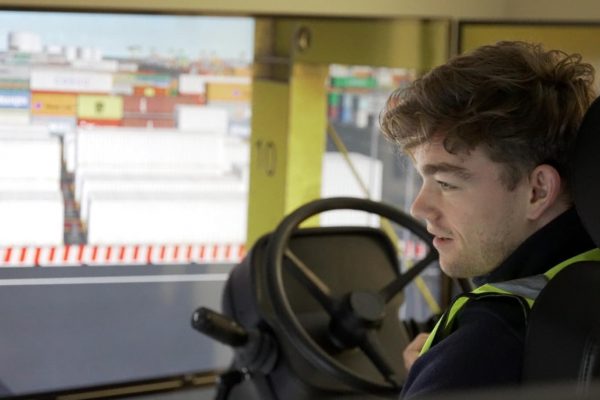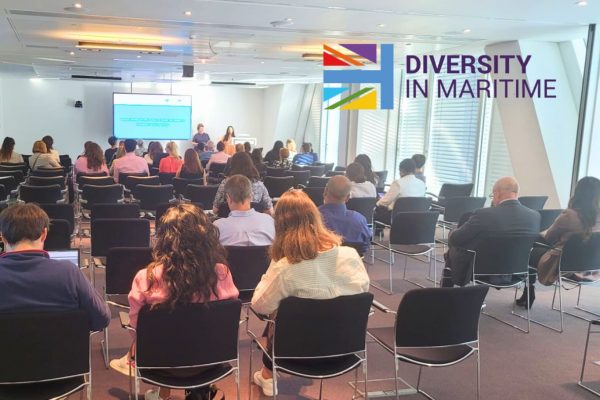In a landmark development, the UK’s maritime training framework has undergone a groundbreaking overhaul. Spearheaded by the Cadet Training and Modernisation (CT&M) Programme, this comprehensive review of the UK cadet syllabus promises to shape the future of maritime training not just in the United Kingdom, but potentially worldwide.
The Maritime and Coastguard Agency (MCA), orchestrating this initiative, has achieved what is seen as the first major revision in the seafarer officer qualifications syllabus for many years. This revision, as reported by the GOV.UK, aims to align the training with the fast-paced technological advancements and evolving industry requirements. Ajit Jacob, MCA Chief Examiner, emphasised the collaborative nature of this review, stating, “We were very clear from the outset that we wanted this syllabus review to be industry-led and for it not to be the MCA dictating what is needed.”
This sentiment was echoed in a report by Maritime Executive, which highlighted the unprecedented degree of industry collaboration in the review process. The involvement of various stakeholders, including the Merchant Navy Training Board, underscores the inclusive and comprehensive nature of this endeavour.
The updated syllabus, as per Ship Management International, covers modules across Nautical, Engineering, and Electro-Technical disciplines. Notably, ‘human element’ skills have been intricately woven throughout the syllabus. This integration aims to enhance the practical application of these skills onboard, thereby boosting the well-being of seafarers and equipping them with the competencies needed for safe and efficient maritime operations.
The MCA’s forward-thinking approach is evident in its continuous review strategy, designed to keep the syllabus relevant and up-to-date. As Jacob puts it, “The pace of technological change shows no signs of slowing, and a new, continuous review approach will help us to stay ahead and ensure that our cadets are offered the most modern training we can give.”
Conclusion
The UK’s revamped cadet training syllabus is a testament to the country’s commitment to maintaining a leading position in global maritime education and training. With plans to present this work to the International Maritime Organization (IMO), the UK sets a precedent for international standards in maritime training. The updated syllabus is expected to be rolled out in nautical colleges by September 2025, marking a significant stride towards a future of well-educated and well-prepared seafarers.
This initiative not only enhances the quality of training provided to UK cadets but also has the potential to influence maritime training standards globally, reinforcing the UK’s role as a pioneer in maritime education and training.




